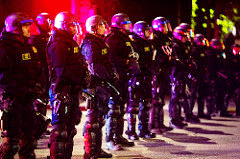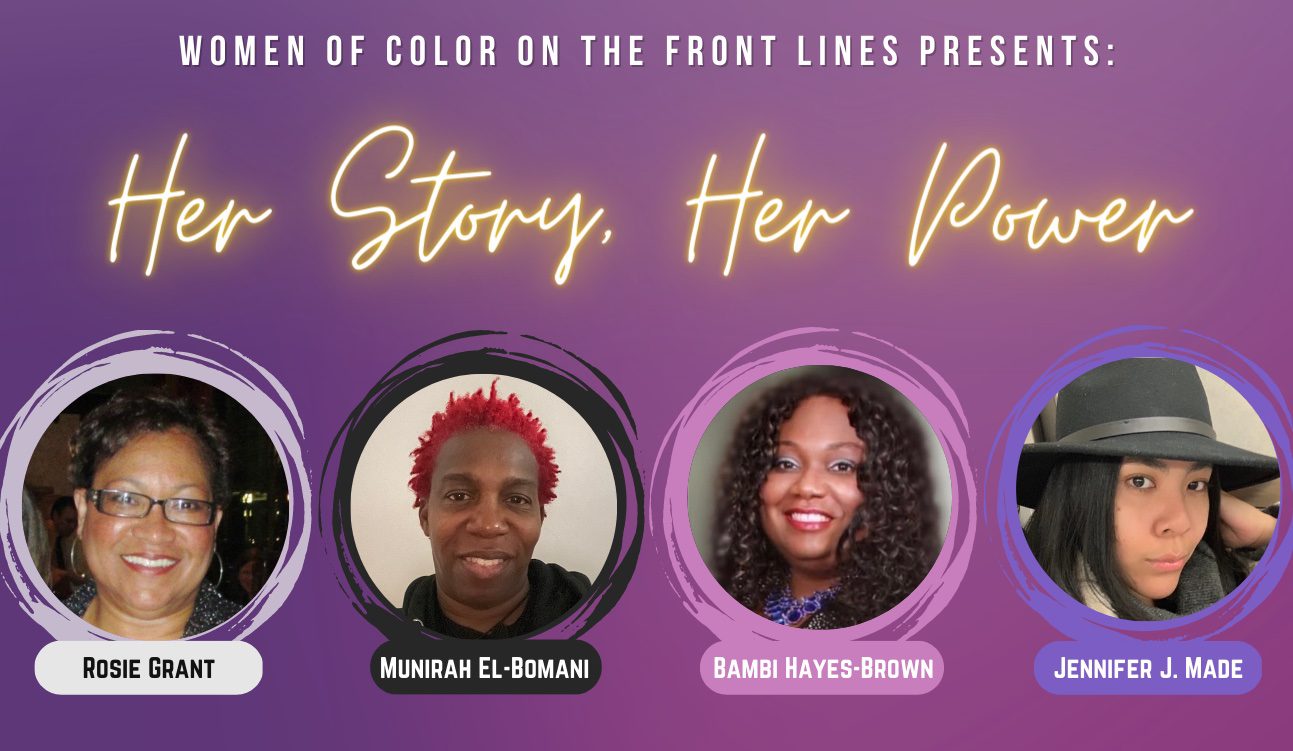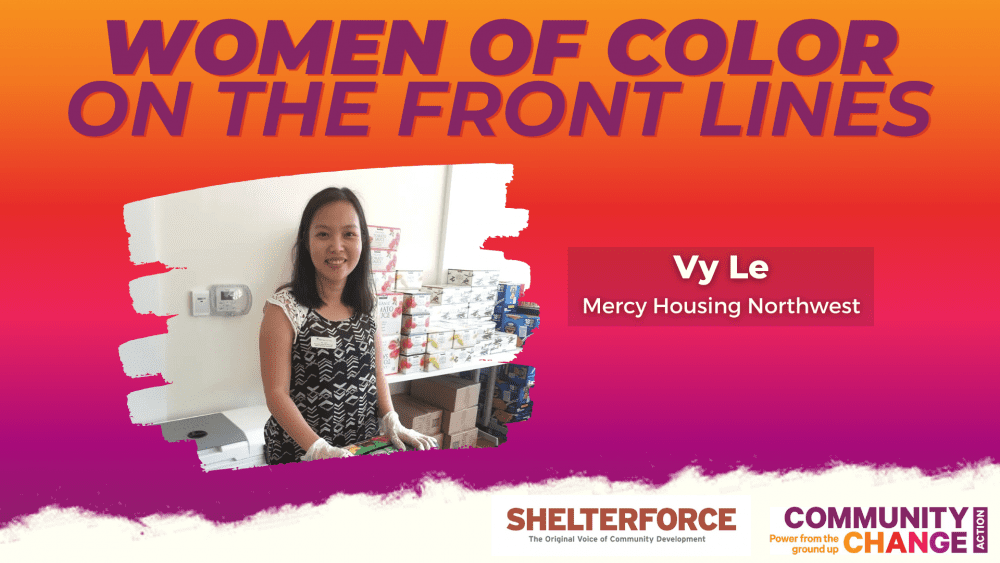
It's clear that many of the most downtrodden communities in the country—from declining mid-size cities in the Rust Belt to the inner cities and now the poor inner-ring suburbs of our largest cities, to poor small cities around the country—suffer from acute governmental indifference, EXCEPT in the case of the deployment of police. Politicians of all stripes decry community violence, but the popular response from cities and states is to double down on police funding. The predictable result is the growing of our already obscenely large population of imprisoned people, and further abusing communities already suffering from intense violence. Ultimately, already poor communities are made poorer—not only due to the indignities of dealing with an occupying force in the police, who manage to be both indifferent to local suffering and feckless in investigating actual crimes—but by the removal of youth and adults from their communites and marking people with an arrest or incarceration record for life. In some of the most policed areas of the country it is hard to find an adult without a record of some sort and, of course, this has severe repercussions for folks' ability to find work and get further education if they choose.
Even in states with “Ban the Box” regulations, there is some evidence that employers will simply not hire Blacks or Hispanics rather than “risking” hiring an ex-offender. Of course, the economists call this a mere case of “statistical discrimination” when we should call it what it is—racism. Thus we find that in many areas we can no longer just insist on trying to destigmatize those folks who have been caught up in the system, but we must attack the very core of the criminalization of whole communities.
The first step in this is to seriously question the value of the use of police as the uber-response to all of our social ills in contemporary America. Such an approach literally steals people from the very communities, robs them of their lives and the ability to build wealth and education in mainstream institutions because we literally lock out those who have been locked up. This is a vital, and entirely under considered issue in the larger field of community and economic development, but it is one we must fully embrace.
We must look toward joining explicitly with prison reform and prison abolition groups in demanding not only the reform of prisons but also the reform of policing as we know it. We need to demand policies that limit the exposure people have to the police in marginalized communities, as well as funding for alternative institutional responses to police. This means restoring funding for mental health services, funding emergency responses that are independent of police, adequately funding and desegregating our schools, passing Ban the Box legislation, and demanding the de-militarization of police forces along with thoroughly vetting applicants and supporting their ongoing training. If we really desire the creation of healthy communities where everyone has the opportunity to truly pursue their best lives, then we can no longer sit by and watch the potential of whole communities be stolen in the night and locked away. We have to start talking about our cops.
(Photo credit: Thomas Hawk via flickr, CC BY-NC 2.0)





Jaamal, the role and intersection of justice work and housing/community development is not new. Recent events, have served to both re-energize efforts such as LISC’s Community Safety Initiative, PolicyLink’s Equitable Policing, and other institutional responses—such as those by the Annie E Casey Foundation and Enterprise Communities to Freddy Gray’s death and uprising in Baltimore—have sparked organizing and engagement around policing and community safety. While you see indifference I see positive organizing and advocacy. In RI, we see community justice work to build positive relationships with police. In efforts to divert certain actions from law enforcement to mental health, addiction treatment and combating toxic stress for families and individuals, I see it in our work with groups like DARE and their Behind the Walls work to pass Ban the Box and reform local admission and eviction practices for ex-offenders.
Black Lives Matter as a movement is part of our history of housing and community development field. I appreciate your call to action because the intersection of justice work must be part of on-going efforts for racial, social and economic justice.
I live in a HUD project-based based multi-family senior building. We’re being renovicted, that is, unnecessary “renovations” (cosmetic gentrification to increase property values, increase homelessness, and deplete scarce HUD funds) to the building were done at a cost of over $38 million but not a single unit of new affordable housing was created and existing units were made less habitable (no heat).
To cover up this misuse of affordable housing funds, our landlord, an offshoot of the Housing Commission, hired a management company that specializes in renovictions, that is, in making life so miserable for low-income seniors with no place else to go, that they become depressed, physically ill, and go into nursing homes, hospices, become homeless, or die. They are assumed to have left voluntarily, and they are not counted as having increased homelessness, but the new tenants who get their apartments are counted as new low-income seniors housed.
The police are used as a weapon. I’ve lived here for fourteen years and never had a visit from the police until after the building changed hands two years ago. Since then I’ve been visited four times by mental health outreach workers, once by a social worker, and twice by the police. In no case did they find any problems, but the visits, instigated by the new building manager to help the owners renovict, aren’t going to stop.
I tried going to court, but the judge said that she can’t stop the manager from calling the police. If I’d made frivolous calls to the police, I’m sure I’d be penalized, but when a landlord does it, nothing happens. Jamaal Green is on-point with this article—the police work for the landlords to promote poverty, homelessness, and discrimination. Their job is to make the rich richer and the poor poorer. And we shouldn’t have to pay them for that.
It’s much more than policing that needs to be fixed.The systematic abandonment of entire communities based on race creates a cauldron of suffering that policing adds to but does not create. We need to sacrifice an aircraft carrier or two to make sure everyone in our society has a decent, safe place to live.
Restoring funding for and increasing mental health services is part of the fix but asking a community to instruct its police to stop enforcing the law is not a viable solution. Our communities will further slip into decay and standards of living will fall even further. We need to advocate our federal and state legislatures to relook at those laws resulting in the greatest incarceration rates of non violent (and no threat to others) offenders and reconsider if such laws are in fact good for society. If not, decrease or reverse their legal standing, retroactively so that those already incarcerated can be pardoned and no future offenders be locked up.
The men in blue are only here to enforce the laws our government puts in place. And we the people elect our government.